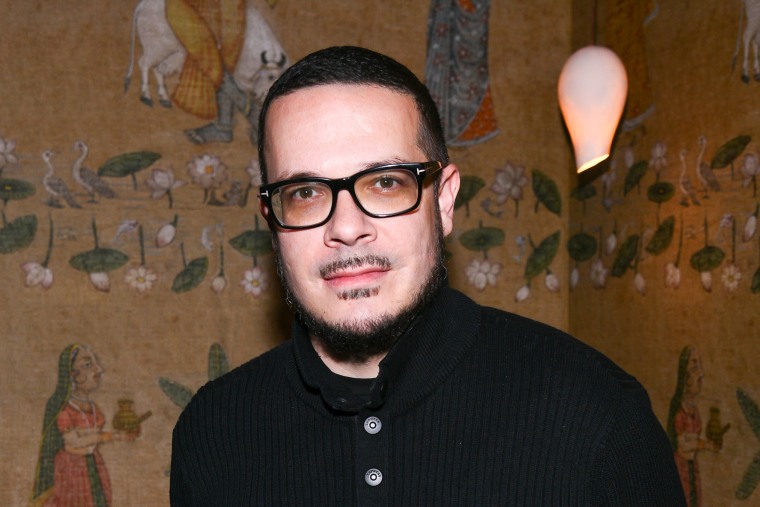Shamil Shams in Karachi
DW
Could the ongoing economic crisis and general distrust and dissatisfaction with the country's politics be to blame?
There is hardly any pre-election hustle-bustle in Karachi, Pakistan's financial hub, although it is now almost certain that polls scheduled for February 8 won't be delayed.
There are multiple reasons behind a lack of interest in the upcoming general elections among the public; the foremost being an ongoing crackdown on ex-PM Imran Khan's Pakistan Tehreek-e-Insaf (PTI) party.
Khan and many of his aides are behind bars in several cases, and it is unlikely that they will be released before the elections. These measures have made the upcoming vote quite controversial.
Also, Pakistan has been in a state of economic turmoil for almost two years. The skyrocketing inflation has rendered the masses incapable of buying even basic food items and paying electricity bills, among other problems. As most citizens struggle to make ends meet, they are less bothered about who will form the next government.
Security concerns
The country's security issues remain a big concern for its military leadership, with a spike in the number of militant attacks in Balochistan and Khyber Pakhtunkhwa provinces bordering Afghanistan.
Additionally, the generals are still reeling from the May 9 protests by Imran Khan's supporters that saw some rioters attacking military installations and residential areas.
The mistrust between state institutions is so high that the upcoming polls are no longer about which party wins most seats in the next parliament; they are about Pakistan's survival as a modern state, many people say.
Khan, the disruptor
The imminent elections are all about one man: the former cricket star-turned-politician Imran Khan. He is currently incarcerated over charges related to corruption and leaking state secrets.
After he was removed from power last year in a parliamentary no-confidence vote, Khan accused the US and some military generals of orchestrating his ouster. The former premier, who according to many polls remains the most popular politician in the country, raised the stakes so high that at one point earlier this year, state institutions came into clash with each other, and some sections of the masses in direct confrontation with the military — something the country had never witnessed in the past.
For some, Khan's disruptive politics is necessary to weaken the generals' grip on power; for others, it is a dangerous scenario for a country that has an economy on the verge of collapse and is facing many geopolitical challenges.
"Politics of polarization by any popular leader is harmful in any country as it detracts from attending to key reforms and development," Adnan Rehmat, an Islamabad-based journalist and analyst, told DW. "Sadly, Imran Khan excels at politics of hate and incendiary rhetoric. In a politically and socially plural country such as Pakistan, political polarization stifles engagement and collaboration needed for solving lingering problems."
Rehmat is of the view that Khan has become a victim of "his own politics of hate," and now nobody wants to defend his rights.
Economic quagmire
Pakistan's economy is possibly the biggest casualty of the protracted political instability. Even though the economic indicators weren't very positive during Khan's tenure (2018-2022), they nosedived since Khan's removal from power.
"Those on low incomes have been hit the hardest by economic difficulties, with many experiencing job losses and reduced earnings. As a result, they have had to cut back on the amount and quality of food they can afford, seek out less expensive transportation options, and work multiple jobs to make ends meet," The Lancet journal underlined in September, adding that "financial mismanagement and political instability, stemming from military interventions, have further worsened the economic crisis."
DW has seen long queues outside bread shops and supermarkets, and scores of homeless people sleeping along roadsides in Karachi.
Pakistan's inflation rose to a record 31.4% in September, with particularly high energy prices.
Some people here are of the view that only an elected government with a popular mandate can remedy these economic woes, but Akhter Mohammadi, a tea seller in Karachi's Tariq Road area, says the country needs to be put on the right track first.
"I will definitely vote (in upcoming elections). I will vote for Maulana Fazal-ur-Rahman (an Islamic cleric) because the economy can only be fixed if Pakistan is politically stable," Mohammadi told DW.
A comeback for Khan?
"There is little doubt that the PTI will win big if the elections were held in a fair manner. This is why the powers-that-be are denying it a level playing field. However, ultimately, it is not votes won but seats secured in the legislature that determine who will come to power. In this sense, the deck is stacked against the PTI," analyst Rehmat underlined.
Experts believe the voter turnout would be low — possibly the lowest in Pakistan's election history.
"The critical factor for the turnout will be whether Khan's supporters come out to vote on election day or not," Rehmat said.
Right now, that looks very unlikely.
Edited by: Srinivas Mazumdaru















.jpg)